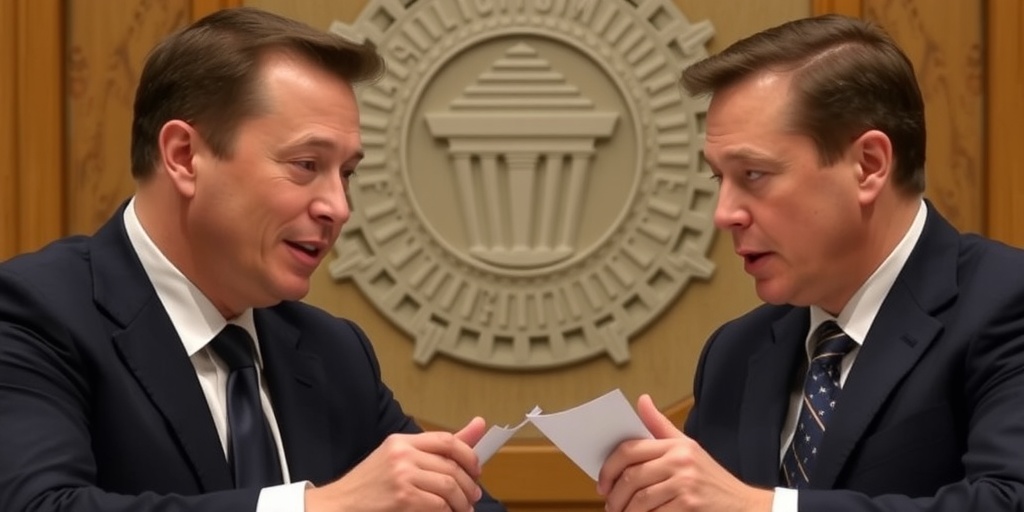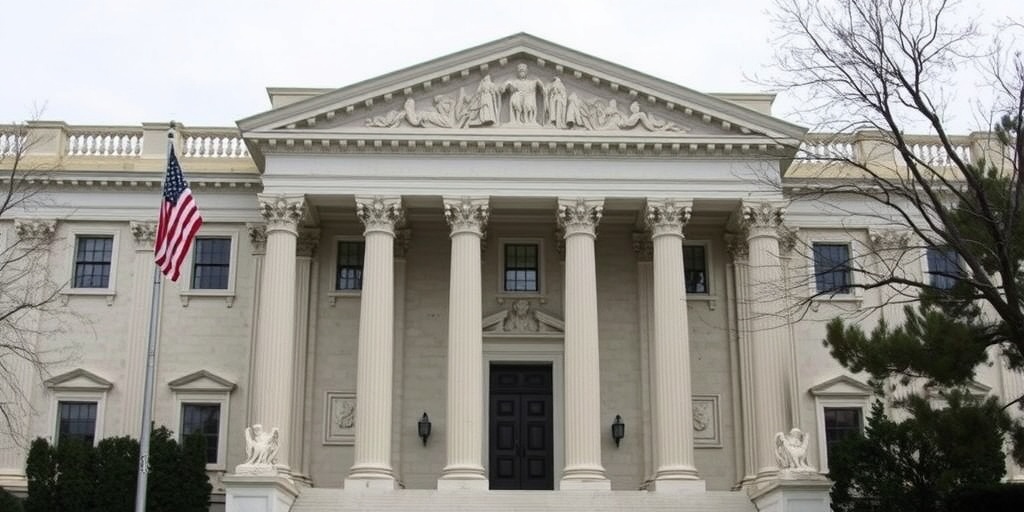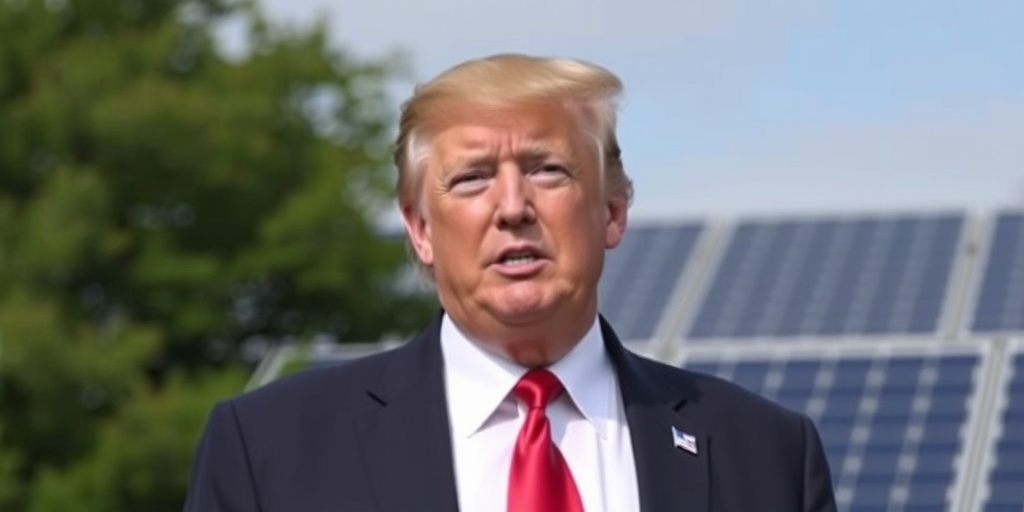Now Reading: Judge Orders Musk’s Team to Release Documents Under Open Records Law
-
01
Judge Orders Musk’s Team to Release Documents Under Open Records Law
Judge Orders Musk’s Team to Release Documents Under Open Records Law

Federal Judge Rules Elon Musk’s Government-Cutting Unit Subject to Public Disclosure Laws
In a significant legal decision, a federal judge ruled on Monday that the Department of Government Efficiency (DOGE), headed by Elon Musk, is likely subject to public disclosure laws, including the Freedom of Information Act (FOIA). This ruling mandates that the controversial government unit promptly release internal emails and documents to Citizens for Responsibility and Ethics in Washington (CREW), a watchdog organization that has been seeking transparency regarding the agency’s operations.
Judge Christopher R. Cooper of the United States District Court for the District of Columbia issued the ruling, asserting that DOGE exhibits characteristics typical of a federal agency that is usually accountable under public disclosure legislation. The judge noted that Musk’s team appears to possess “substantial authority over vast swathes of the federal government,” indicating a level of influence beyond what is typically seen in advisory roles within the executive branch.
The decision emerged from a lawsuit filed by CREW, aimed at compelling the government to share its internal records. Initially, CREW requested access by a specific deadline, which Judge Cooper deemed unrealistic. The group pointed out that the internal workings of DOGE are of considerable public interest, particularly given the agency’s role in planning budget cuts and staff layoffs largely without public oversight.
During the court proceedings, CREW’s legal representatives expressed their deep concern regarding reports that members of Musk’s team had potentially deleted or neglected to preserve significant communications, including encrypted messages on platforms like Signal and emails sent from personal accounts. The attorneys argued that such actions might violate federal mandates set forth by the National Archives and Records Administration concerning the preservation of federal records.
In his ruling, Judge Cooper reflected on these concerns, indicating that there is a possibility that staff members representing the implicated entities may not fully understand their obligations to maintain federal records appropriately. The court’s determination signals a critical step toward increasing accountability and transparency related to Musk’s government-cutting initiative.
Donald K. Sherman, the deputy director of CREW, commented positively on the ruling, stating that it “opens the door” for the public to access documents that would clarify how DOGE operates. Sherman emphasized the ruling’s importance, noting that it is the first instance of a court recognizing that DOGE is indeed subject to the Freedom of Information Act. He expressed hope that this decision would create a measure of accountability regarding the chaotic manner in which the unit has functioned.
Responses from the White House have been sparse, with a spokesman not providing immediate comment on the ruling. Historically, the Trump administration has argued that Musk’s office is part of the executive branch and therefore should not be subjected to FOIA, asserting that it was formed as a temporary advisory body insulated from public record requests.
Jonathan Maier, an attorney representing CREW, described Musk’s unit as a “black box agency” focused largely on aggressively reducing federal expenditures. He conveyed a sense of urgency regarding the request for information, noting that with congressional discussions around budget cuts underway, understanding the implications of DOGE’s recommendations is critical.
In aligning the urgency of the lawsuit with broader government operations, Maier highlighted that the success of forthcoming budgetary negotiations hinges on Congress’s access to details on how DOGE is impacting federal spending and appropriations. As March 14 approaches—a crucial date for potential government funding decisions—the stakes remain high for transparency surrounding DOGE’s functions.
Despite the judge’s ruling, Andrew Bernie, representing the government, indicated that it could take an estimated three years to compile and produce all requested documents, even when expedited processing is considered. During prior arguments, Judge Cooper questioned how DOGE’s actions diverge from those of lobbying firms or other entities that might attempt to influence appropriations, raising fundamental questions about the unit’s role and authority within the federal structure.
Before confirming his ruling, Judge Cooper instructed the government attorneys to ensure that both DOGE and the Office of Management and Budget begin preserving documents that may fall under FOIA requirements, underscoring the court’s intention to prevent the loss of potential evidence.
The ongoing legal framework surrounding Musk’s agency has implications for broader public accountability and the preservation of governmental records. The prior designation by the White House aimed at classifying Musk’s office as an insulated entity responsible only to the President poses challenges for transparency. However, Judge Cooper identified the agency as functioning autonomously rather than merely offering advice, suggesting that it is indeed engaging in activities typical of a government department with independent authority.
As this case unfolds, the ruling might pave the way for enhanced oversight of governmental units led by private sector figures, particularly as the interplay between public service and corporate influence continues to evolve in the current political landscape. The court’s decision has set a precedent that could reshape accountability standards in federal operations, especially in contexts involving entities led by high-profile figures like Elon Musk.
Stay Informed With the Latest & Most Important News
Previous Post
Next Post
-
 01New technology breakthrough has everyone talking right now
01New technology breakthrough has everyone talking right now -
 02Unbelievable life hack everyone needs to try today
02Unbelievable life hack everyone needs to try today -
 03Fascinating discovery found buried deep beneath the ocean
03Fascinating discovery found buried deep beneath the ocean -
 04Man invents genius device that solves everyday problems
04Man invents genius device that solves everyday problems -
 05Shocking discovery that changes what we know forever
05Shocking discovery that changes what we know forever -
 06Internet goes wild over celebrity’s unexpected fashion choice
06Internet goes wild over celebrity’s unexpected fashion choice -
 07Rare animal sighting stuns scientists and wildlife lovers
07Rare animal sighting stuns scientists and wildlife lovers





















